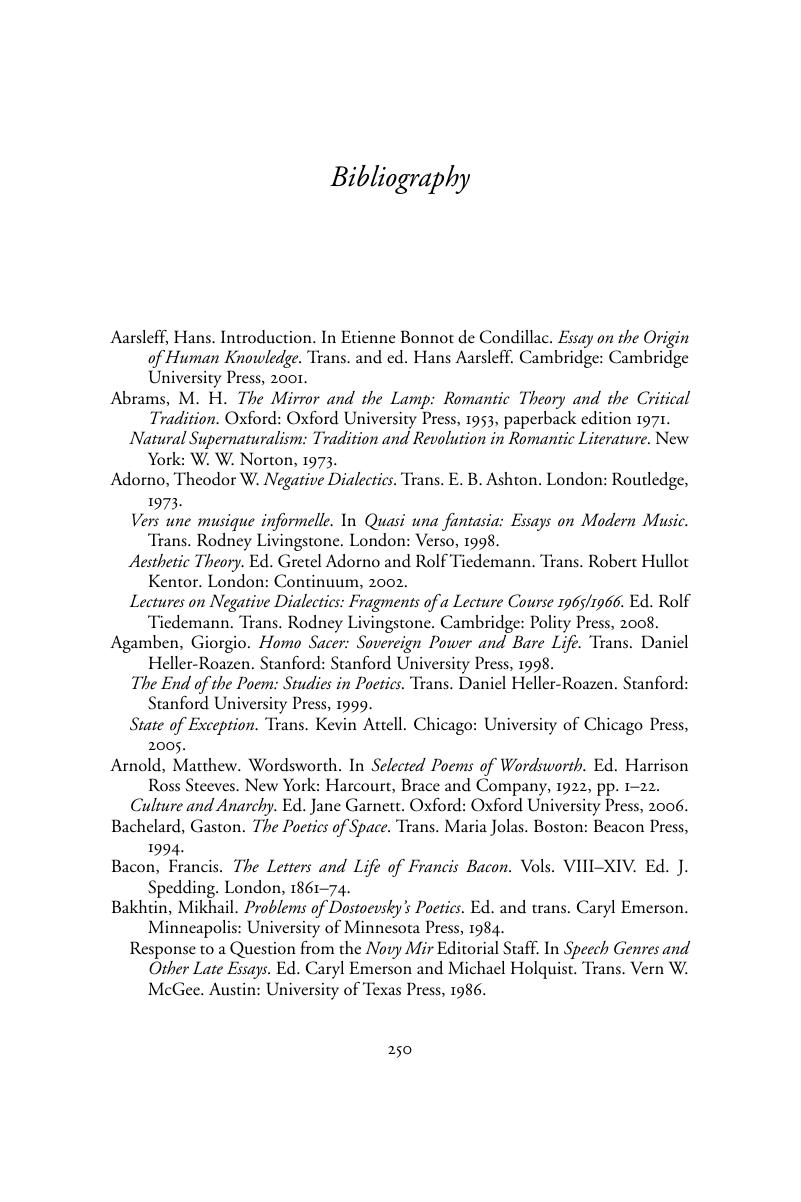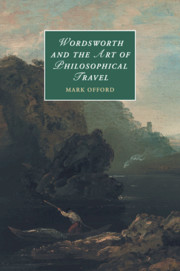Book contents
- Wordsworth and the Art of Philosophical Travel
- Cambridge Studies in Romanticism
- Wordsworth and the Art of Philosophical Travel
- Copyright page
- Dedication
- Dedication
- Contents
- Book part
- Glossary
- Introduction
- Chapter 1 Salisbury Plain
- Chapter 2 Building, Dwelling, Embodying
- Chapter 3 ‘The Discharged Soldier’
- Chapter 4 The Commonwealth of Song
- Chapter 5 Mimesis
- Chapter 6 ‘Man working for himself’
- Chapter 7 Progress
- Notes
- Bibliography
- Index
- Cambridge Studies in Romanticism
- References
Bibliography
Published online by Cambridge University Press: 05 July 2016
- Wordsworth and the Art of Philosophical Travel
- Cambridge Studies in Romanticism
- Wordsworth and the Art of Philosophical Travel
- Copyright page
- Dedication
- Dedication
- Contents
- Book part
- Glossary
- Introduction
- Chapter 1 Salisbury Plain
- Chapter 2 Building, Dwelling, Embodying
- Chapter 3 ‘The Discharged Soldier’
- Chapter 4 The Commonwealth of Song
- Chapter 5 Mimesis
- Chapter 6 ‘Man working for himself’
- Chapter 7 Progress
- Notes
- Bibliography
- Index
- Cambridge Studies in Romanticism
- References
Summary

- Type
- Chapter
- Information
- Wordsworth and the Art of Philosophical Travel , pp. 250 - 264Publisher: Cambridge University PressPrint publication year: 2016



